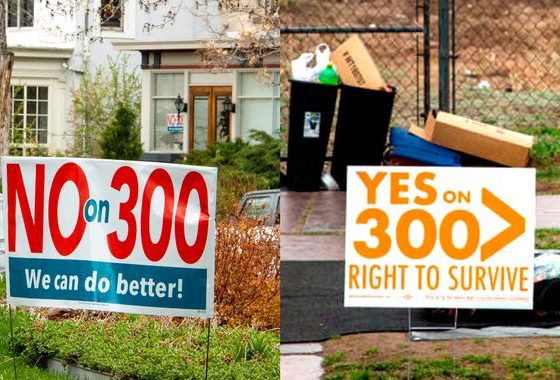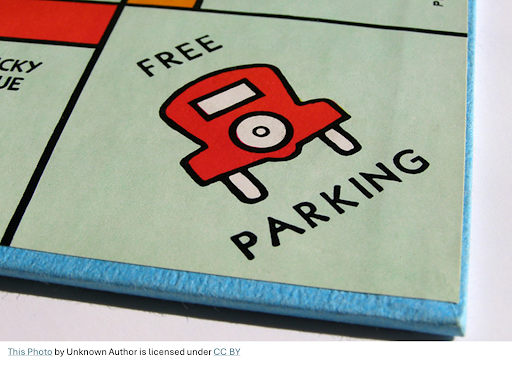The following is a Letter to the Editor for the Opinions section.
Today, I read with much concern an article published by the Clarion titled “On the Denver ballot: Initiative 300.” My colleague, Professor Alan Gilbert called it to my attention. The article summarized arguments of both proponents and opponents of the initiative. I would like to give my two cents on the issue by reframing the issue as one about systems of care.
Homelessness is a symptom of failure in systems of care that cannot be swept under the rug and kept out of the public eye. Corrections, public housing, mental health, foster care and health care systems as well as the failures and inadequacies of the shelter system all contribute to the sight of the homeless on the streets of Denver. Often triggered by structural factors such as the lack of availability of low-income housing, poverty, increases in housing costs and stagnation of real incomes, as well as behavioral factors, many of the homeless drift through these systems of care for many years before they end up on the streets. Meanwhile, cities across the U.S. are known to use the argument that the homeless in their city are from somewhere else. This bandwagon fallacy and hasty generalization re-allocates blame for the inability of systems to adequately address homelessness and diverts attention from the root causes found in system failure. Under this bandwagon fallacy, cities avoid the responsibility for the homeless on their streets.
With Denver Bill CB12-0241—enacted in 2012 to prohibit “unauthorized camping on public and private land”—the city did not resolve failures in the systems of care; it made the experience of homelessness harder for the very people the systems are supposed to protect. One may say that the city instituted fallacies to mask system failure. Instead, the systems of care must be strengthened to deal with current and future homelessness. Curtailing people’s rights to survive is cruel and does nothing to resolve the problem.
Matt Desmond showed in his book “Evicted” that at least 50 percent of Americans pay at least 50 percent of their income towards housing, when the high standard seemed to previously be about 30 percent. That is at least 170 million people, half of American democracy. Desmond has also shown in a later study that there are over 80 million evictions every year. Meanwhile, the nation has an opioid epidemic. Further, a lesson of the government shutdown at the start of the year, which can be a trigger event for drifting into homelessness, was that a significant number of people are an economic shock away from poverty. Systems of care must be ready to deal with these issues.
Initiative 300, that is “The Right to Survive” initiative seeks to repeal and replace the harsh Denver Bill CB12-0241. The homeless, and everyone else, really must be guaranteed “the right to rest and shelter oneself from the elements in a non-obstructive manner in outdoor public spaces.” Restricting individuals and criminalizing them when the dysfunction is in the systems of care is not the solution, is not logical and is cruel. Homelessness is both morally and economically unacceptable and provides society with a moral and economic imperative to help those who are weak and vulnerable by strengthening the systems of care so that no one falls through the cracks.
Singumbe Muyeba, Assistant Professor of African Studies at the Josef Korbel School of International Studies











